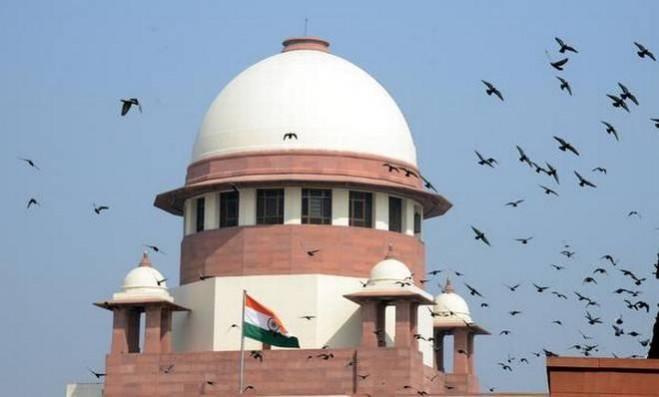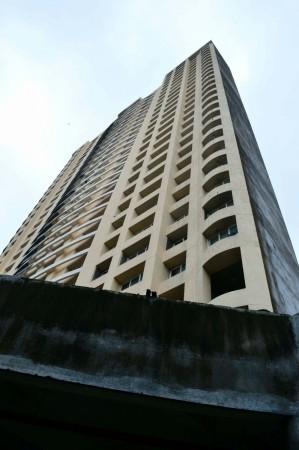The stories of racism, prejudice and discrimination while house hunting in India, hardly carry any shock value. Prospective residents or tenants being refused on the basis of their religion, region, caste, marital status or food preferences is a social reality that's ironically, as objectionable as accepted in India.

The Supreme Court on Saturday orally reprimanded the cooperative societies, when it called the practice of denying membership on the basis of region, religion, marital status as, "impermissible."
The Apex Court said, that it is, "impermissible," that cooperative societies, while exercising their fundamental right to form associations under Article 19(1)(c), are denying memberships to, "single women, to individuals who are members of a particular community, to persons who eat some particular food."

The SC bench, headed by Justice Chandrachud, made the remark while hearing a Special Leave Petition against an order passed in July, 2019 by a single judge of the Bombay High Court. When the SLP petitioner urged before the bench, headed by Justice Chandrachud, that there was a fundamental right to form associations/unions/ cooperative societies, the judge observed, "The right is to form associations. Do you know what societies are doing in exercise of this fundamental right? They are not letting single women occupy flats. They are not allowing members of a particular community. They are denying people who eat some particular food. This is a reality! This is impermissible! We cannot tolerate this attitude from societies."
While further disposing off the SLP, the bench stated that, "The impugned order of the Single Judge directing the Cooperative Society to admit the respondents as members of the Cooperative Society is unexceptionable having regard to the provisions contained in Section 23 of the Act."
Not the first similar observation/judgement
In 1990, Bombay High Court, in a popular judgement, struck down discriminatory and misused rules of the St Anthony Co-operative Housing Society in the suburban Chembur, which reserved memberships for Catholics. The judgement by the Bombay HC clearly specified that open memberships and equal opportunity to membership ought to be the basis of a cooperative society. However, this judgement of the High Court has also been ignored in a few cases by the Supreme Court.
Supreme Court in 2005
In an infamous judgement, where the Supreme Court is often cited to have missed the bus of striking down discriminatory practices of the cooperative societies, it was called upon to adjudicate the legality of a bye-law which restricted membership of a housing society only to Parsis. In the Zoroastrian Co-operative Housing Society Limited vs District Registrar, the Apex Court held the bye-law to be valid.

















